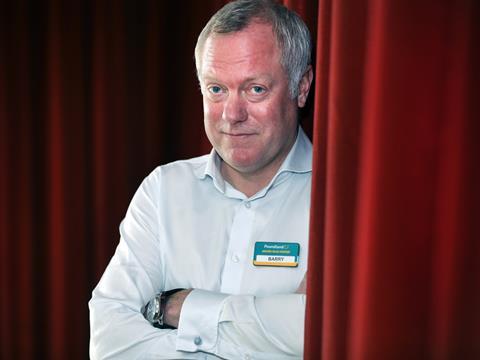
Life at Poundland is never dull. In 2016 it was struggling, now sales are soaring. Throw in a tiff over a Toblerone, an explicit elf, a risky move towards multi-pricing, the implosion of parent company Steinhoff, and it’s been a lively few months in charge for MD Barry Williams.
Steinhoff’s struggle is the big one. The South African retailer snapped up Poundland for £610m in 2016 and Poundland thrived, swinging negative 5% like-for-likes into a 2.5% uplift. “Exciting times,” Williams told The Grocer in late November. “Steinhoff give us the opportunity to dramatically grow this business.”
Days later Steinhoff, a global retailer operating in 40 countries, imploded after an accounting scandal saw its CEO resign and its shares dissolve. Retail analysts believe Poundland will be sold. To add to the drama, as The Grocer revealed, Poundland’s credit cover was subsequently downgraded, raising the possibility of empty shelves at Christmas. Sources told The Grocer some suppliers were “turning their trucks around and not delivering”.
“That’s a little extreme,” says Williams. “There were no handbrake turns on the motorway. Our performance wasn’t impacted and availability in our shops is absolutely fine. There was some inevitable disruption but I was delighted by the support we got from the vast majority of our supplier base. It’s at times like that you know who your real friends are.”
Last week a £180m loan by US investment firm Davidson Kempner shored up the credit situation, but a sale still looms. Given how well it was going, how does Williams feel about the prospect of new ownership?
“My view is really simple. Irrespective of what the ownership structure of Poundland looks like, now or in the future, it is all predicated on a really strong business. So my focus is 100% on delivering the numbers we did in Q1. There was a lot of noise about Poundland and Steinhoff in the marketplace, but everyone stayed focused and we delivered a great number.”
snapshot
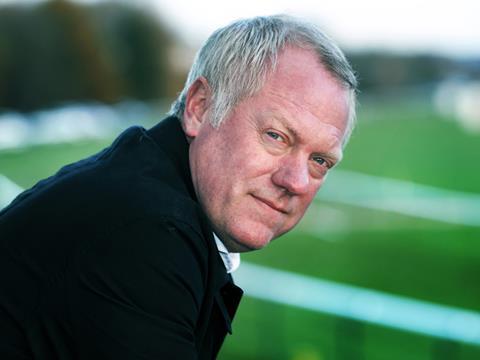
Age: 47
Status: “Married to Jude, five kids. Like a swarm of locusts they are”
Last good album: “Street Rituals by Stone Foundation. A collaboration with Paul Weller”
Last good movie: “Collateral Beauty. Will Smith is in it. It’s not normally my thing but it makes you appreciate all the beautiful things in life”
Last good book: “Fatherland by Robert Harris. I’m about to read the sequel, Munich”
Advice for aspiring MDs: “Keep it simple. It’s the hardest thing to do, but the people who can take something really complicated and make it simple will succeed in life”
Biggest pitfall? “Getting carried away with yourself. Last week I was on a truck delivering to stores and it wasn’t a token gesture, sitting in the cab having a fag, I was unloading pallets and wheeling them in. Walk a mile in their shoes and you learn a hell of a lot”
Williams has “very little” insight as to how the situation is developing, which is “part of the challenge. There is very little information and these discussions are happening thousands of miles away. But whatever those discussions are, or where they are taking place, they don’t matter to a customer in Wolverhampton. It’s really good times at Poundland and we have fabulous plans for the months ahead, so what I can predict is our continued success. What I can’t predict is what is going on at Steinhoff, which is way above my pay grade.”
Steinhoff’s share price collapse wasn’t the only reason Poundland hit the headlines over the festive season, after a seasonal social media campaign showed Poundland’s elf mascot ‘tea-bagging’ a doll wearing a ‘power’ t-shirt. Twitter was outraged. The Women’s Equality Party dismissed it as a “pathetic attention grab” while another tweet said it was a ‘middle finger up at the #metoo movement’. The ASA is set to investigate.
“I thought it was fabulous,” says Williams. “It was never our intention to offend, but some old-fashioned British humour never goes amiss. [Comedian] Jason Manford supported it and tweeted a poll to his followers and over 80% came out in support of it.”
Elsewhere on Twitter it’s not hard to find shoppers grumbling about the loss of its historic round-pound price point. In March 2017, products for £2 and £5 appeared, its first-ever deviation from £1, barring a few special deals. In the run-up to Christmas it was offering products for £8 and £10 and trialling a double blow-up mattress for £99 in 20 stores. Is Williams concerned Poundland is abandoning its USP and entering into a war with B&M, Wilko and Home Bargains?
“There was a lot of noise about Poundland and Steinhoff, but everyone stayed focused and we delivered a great number”
On the contrary. “Ninety per cent of our stock is still at £1, and 90% of our sales are still at £1. It’s a really simple thing. Moving into £2 and £5 opens up new markets, like home furnishings, duvets and cushions… it has worked brilliantly. The more we take multi-price and put amazing value on new categories the more customers like it. There are only two other price points, £2 and £5, and they are merchandised away from the pound products.”
It wasn’t hard to find a mixed bay of £1 and £2 products in the first store I checked, but Williams is relaxed this was just a “bit of local execution” gone awry. “Our intention is to make sure it’s merchandised separately. I don’t ever want customers to get to the checkout with a product they think is £1 and it’s £2. And that won’t happen if we do our job right. The business was born out of everything being £1 but it’s evolving.”
Legacy stock
As for the other price points currently on sale, Williams says that’s legacy stock. “Prior to us setting this new agenda, the business had bought a load of random products at random prices. We bought a load of deep fat fryers for £12 but customers didn’t get it. What we have been doing in the last 12 months is cleaning the business up and some legacy stock remains.”
Even once that has been shifted, doesn’t moving away from £1 for everything complicate the famously simple shopping experience? “I disagree. It’s not made it more complex, it’s made it a better shop. I don’t think we have lost that £1 price point USP at all. Three price points is still thousands less than every other retailer. And look at our performance. If it wasn’t working we’d have stopped it and put it in reverse.”
Numbers don’t lie, and Poundland’s don’t show a retailer in reverse. The build-up might have been Williams’ very own nightmare before Christmas, but he delivered record final week sales of £59m, up 20% on 2016. And he’s confident there is more to come.
Pep & Co clothing, also owned by Steinhoff, is now in 125 stores and Williams is “very pleased with how it’s working. We are learning more and more as we do it, so we can adapt it to the location and shape of unit. Some we have on the ground floor where we have punched into the warehouse. In others it’s on the mezzanine. We are transforming some of these stores, which is exciting to do. It brings something significantly different to our existing proposition and our seven million customers every week. There is a tried and tested formula of fmcg, GM and clothing working together and customers are responding well.”
As for grocery, in total it makes up about 40% of the shop and it’s growing (though Williams points out GM is growing faster, which he says creates a nice level of internal competition). Alongside the biscuits, crisps and confectionery, chilled food is continuing to expand with at least two chillers in the “vast majority of stores” containing over 30 SKUs including gammon joints, tiramisu and WeightWatchers ready meals next to the long-established Rustlers burgers, cheese, bacon and milk. “It’s doing OK,” he says. “It’s significant, it’s in the tens of millions of pounds, which is quite phenomenal when you consider we have no real chilled infrastructure, it’s all van sales. So that’s quite impressive and demonstrates further opportunity in that category.”
Williams’ upbeat attitude even extends to Brexit when I ask how much additional pressure it’s put on Poundland’s margin. And what is Poundland’s margin anyway?
“We have a healthy margin, I’d like it to be healthier. We are a discount retailer, we make pennies in the pound, and currency has been under the most pressure it’s been under for some time. Brexit has devalued our currency, so it’s made life harder for imports. But you can choose to be a victim and complain, or take control of the things you can. That is what we have done. All the colleagues have got a bonus for the first time in five years and we are growing like-for-likes. I’m not saying it’s easy, but we are working harder to get it right.”
Meanwhile the spectre of a sale will continue to loom. Before Steinhoff went into a tailspin, Williams was targeting growth via “organic like-for-like growth or acquisition”. He may find himself up for sale instead. But for now all he can do is continue to trade. And whatever is going on in the background, Williams and Poundland are trading well. Even if everything is no longer a pound.







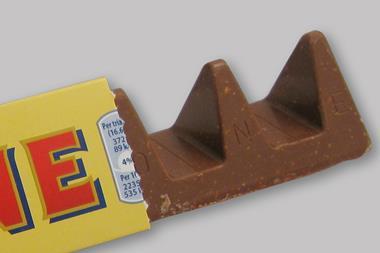
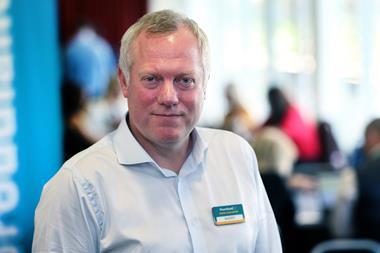
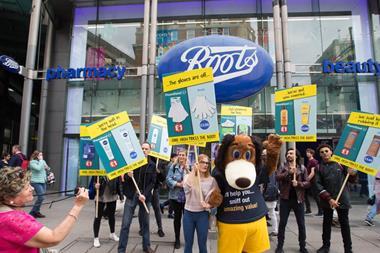
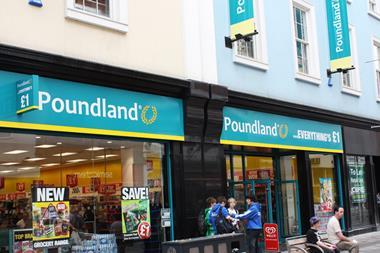
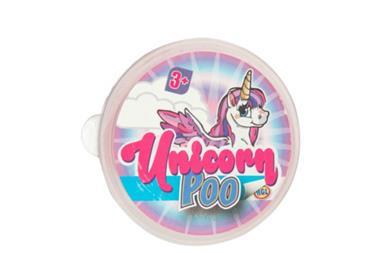
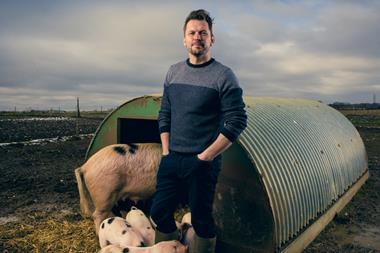

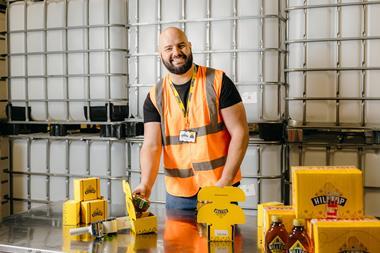
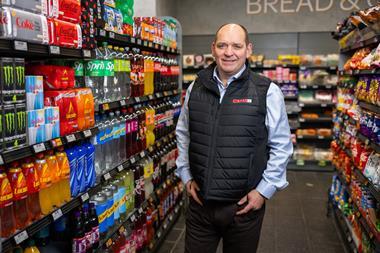
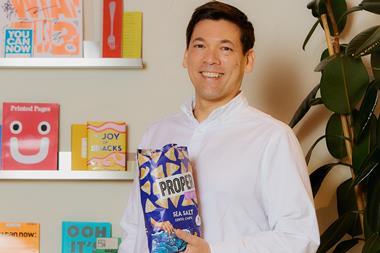
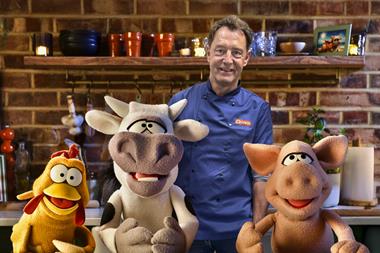
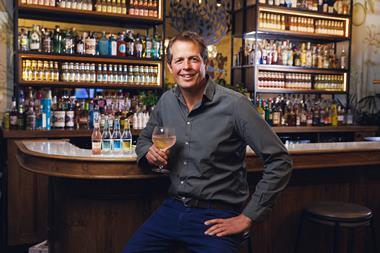
No comments yet